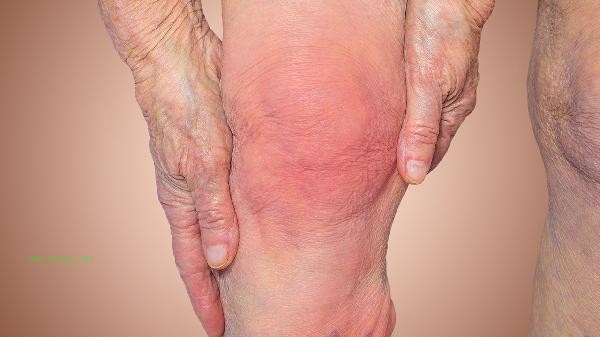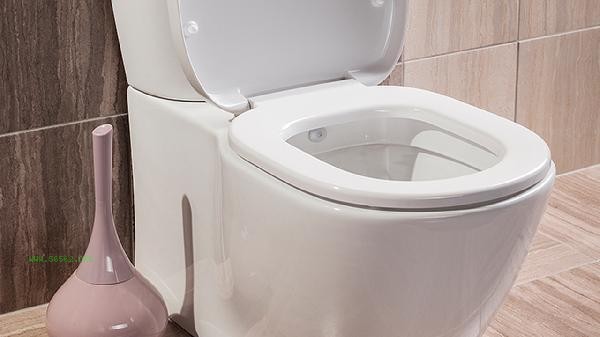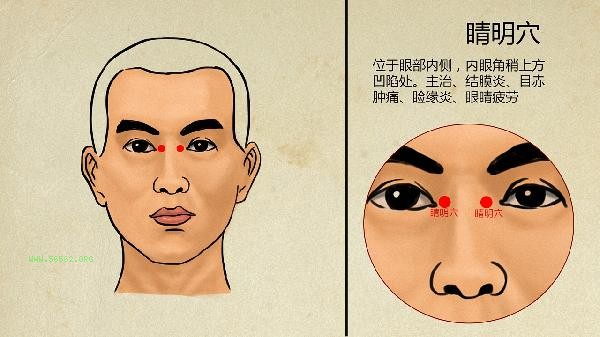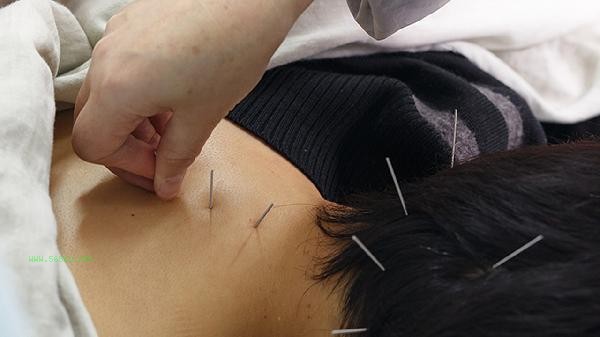The risks of chin liposuction surgery are relatively controllable, but there are certain potential risks such as infection, hematoma, and uneven skin. Choosing a reputable hospital and experienced preoperative evaluation, as well as strict postoperative care, can significantly reduce risks.

1. Risk of infection. Chin liposuction is an invasive surgery, and improper postoperative care may lead to infection. The key to preventing infection is to keep the wound clean after surgery, use antibiotics according to medical advice, and avoid contact with pollutants. If symptoms such as redness, swelling, and fever occur, seek medical attention promptly.
2. Hematoma formation. During the surgery, blood vessels may be damaged, leading to hematoma. To reduce the risk of hematoma, anticoagulant drugs should be discontinued before surgery, and appropriate pressure bandaging should be applied after surgery to avoid vigorous exercise. If the hematoma is large, seek medical treatment promptly.

3. Uneven skin. Improper liposuction may result in uneven skin. Choosing an experienced uniform suction technique and wearing a shaping headgear after surgery can help reduce the occurrence of skin unevenness. If there is obvious unevenness, secondary repair surgery may be considered.
4. Nerve damage. The chin area is distributed with important nerves, and careless surgery may damage these nerves, leading to facial numbness or movement disorders. Choosing a profession that is familiar with anatomical structures and using fine operating techniques can reduce the risk of nerve damage. If symptoms of nerve damage occur, seek medical treatment promptly.
5. Anesthesia risk. Chin liposuction usually involves local anesthesia, but there is still a risk of anesthesia allergy or adverse reactions. Preoperative anesthesia evaluation is required, informing the doctor of allergy and medication history, and selecting an appropriate anesthesia method. If there are adverse anesthesia reactions such as difficulty breathing and palpitations, immediate treatment is required. Although there are certain risks associated with chin liposuction surgery, selecting a reputable hospital, conducting an experienced preoperative evaluation, and providing strict postoperative care can effectively reduce the risks. Before surgery, it is necessary to communicate fully with the doctor, understand the surgical details and potential risks, and be mentally prepared. Follow the doctor's advice after surgery, pay attention to rest and care, and have regular follow-up to ensure the effectiveness and safety of the surgery. If abnormal symptoms occur, seek medical treatment promptly to avoid worsening complications.










Comments (0)
Leave a Comment
No comments yet
Be the first to share your thoughts!